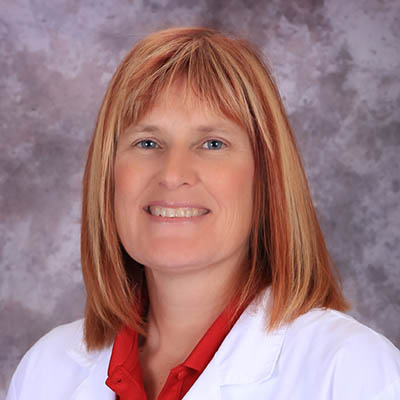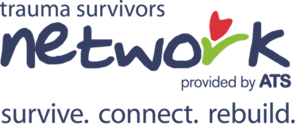Good trauma care starts with prevention. The majority of injuries in adults and children are unintentional and preventable. By taking simple precautions and knowing the signs and tips, you can help prevent an injury or death from happening to you or someone else. Riverside Community Hospital's Level I Trauma Center is committed to providing education to the community to prevent injuries before they happen. RCH partners, with many community agencies including Riverside Police Department, Riverside County Sheriff Department, Riverside Emergency Services, Public Health, Safe Kids, and many others to provide education to the community through various prevention programs. Presentations and classes are provided to the community free of charge.
Trauma prevention programs offered:
- Senior Fall Prevention
- Stop the Bleed
- Water Safety and Drowning Prevention
- Car Seat Education
- Concussion /Helmet Use
Fall prevention education
Each year, over 2.8 million adults over age 65 in the U.S. are treated in the emergency department for injuries resulting from a fall. (That’s more than 1 out of 4 older adults!)
This class is designed to provide prevention education to seniors from all walks of life. The program provides fall risk assessments and lifestyle modifications to help prevent falls.
Stop the Bleed
 Stop the Bleed is a national awareness campaign and call–to–action and is intended to cultivate grassroots efforts that encourage bystanders to become trained, equipped, and empowered to help in a bleeding emergency before professional help arrives. Our Injury Prevention team is committed to providing Stop the Bleed training to the community. Working with 75+ community partners, including local law enforcement, schools, and civic organization, RCH has trained over 9,000 people on life saving techniques.
Stop the Bleed is a national awareness campaign and call–to–action and is intended to cultivate grassroots efforts that encourage bystanders to become trained, equipped, and empowered to help in a bleeding emergency before professional help arrives. Our Injury Prevention team is committed to providing Stop the Bleed training to the community. Working with 75+ community partners, including local law enforcement, schools, and civic organization, RCH has trained over 9,000 people on life saving techniques.

Injury prevention coordinator
Wendy McEuen, DNP, RN
Learn more about our Injury Prevention Programs or book a class by emailing Wendy McEuen.
Trauma Survivors Network

The Trauma Survivors Network (TSN) is a community of patients and survivors looking to connect and rebuild their lives after a serious injury. The TSN resources and program aim to ensure a stable recovery for trauma survivors and to connect those who share similar stories.
Resources offered through the TSN include other survivor stories, online self-management recovery classes, peer support, and an extensive list of resources from topics like traumatic injuries to pain management and rehabilitation.
The Level I Trauma Center at Riverside Community Hospital is a member of the American Trauma Society’s Trauma Survivors Network. You can visit our TSN site for an extensive list of local and national resources and register for local TSN benefits and future survivor activities. For questions, contact our local TSN Coordinator, Wendy McEuen.
Post–Traumatic Stress Disorder (PTSD)

Post-Traumatic Stress Disorder (PTSD) is a mental health condition that is triggered by a terrifying event – either experiencing it or witnessing it. Symptoms may include flashbacks, nightmares and severe anxiety, as well as uncontrollable thoughts about the event.
Most people who go through traumatic events may have temporary difficulty adjusting and coping, but with time and good self-care, they usually get better. If the symptoms get worse, last for months or even years and interfere with your day-to-day functioning, you may have PTSD.
Symptoms of PTSD
Post-traumatic stress disorder symptoms may start within one month of a traumatic event but may not appear until years after the event. These symptoms cause significant problems in social or work situations and in relationships. They can also interfere with your ability to go about your normal daily tasks.
PTSD symptoms are generally grouped into four types: intrusive memories, avoidance, negative changes in thinking and mood and changes in physical and emotional reactions. Symptoms can vary over time or vary from person to person.
If you have disturbing thoughts and feelings about a traumatic event for more than a month, if they are severe, or if you are having trouble getting your life back under control, talk to your doctor or a mental health professional. Getting treatment as soon as possible can help prevent PTSD symptoms from getting worse.